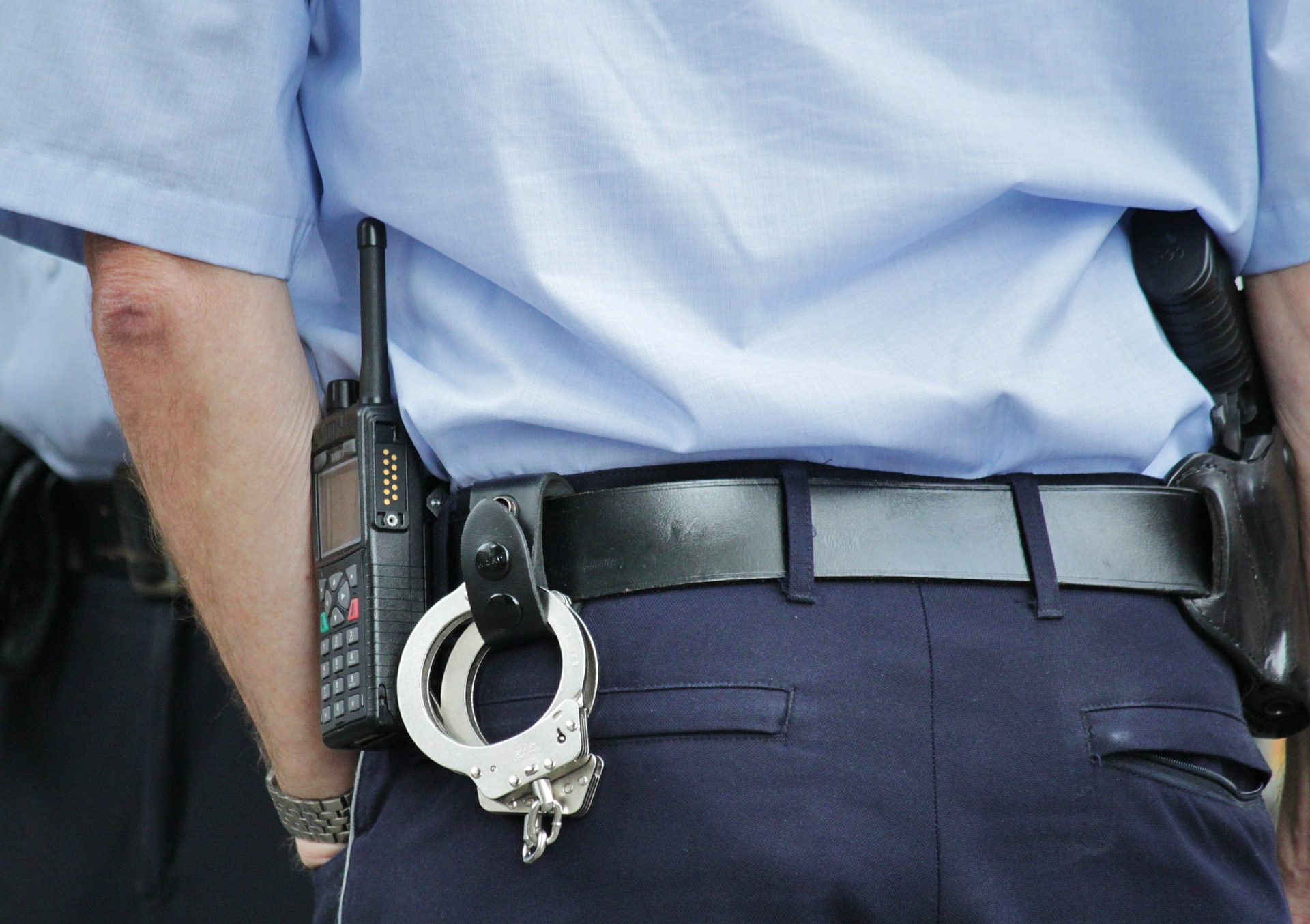Six years have passed since the start of the implementation of the agreement on the integration of Serbian police structures in North Kosovo into the Kosovo Police (19 April 2013). Before this agreement that derives from the Brussels Dialogue, Serbian, Kosovar and international institutions overlapped in North Kosovo without formal boundaries, as an International Crisis Group’s report from 2011 reads:
“The majority Serb and minority Albanian communities there live within separate social, political and security structures. They have developed pragmatic ways of navigating between these parallel systems where cooperation is unavoidable. Yet, in a few areas – notably criminal justice – cooperation is non-existent, and the only barrier to crime is community pressure.”
The Police Integration Agreement aimed to resolve some of these issues. The situation is now markedly different when compared to the period before the signing of Brussels Agreement which, among other things, envisaged integration of Serbian police into Kosovo Police. Despite shortcomings, stakeholders do have positive expectations for the Agreement due to the precarious security situation in the area, as a 2014 report of Belgrade Centre for Security Policy and Kosovar Centre for Security Studies shows.
Citizens of North Mitrovica say that the police have finally started dealing with misdemeanours and criminal offences, unlike in the earlier days when their work was focused on traffic only. “The integration improved the trust and readiness of the Serbian community to cooperate with the Kosovo Police”, a citizen of North Kosovo told the author at a focus group organised in February 2019.
This is a positive trend, despite the police still having a patchy record when it comes to investigating criminal offenses. A recent report of Kosovar Centre for Security Studies found that ¾ of Serbs in the north think the Kosovo Police are corrupt and the difference is significant compared to the perception of the Kosovo Police in other parts of Kosovo. The recent operations of Kosovo Police, however, aimed at investigating organised crime links and several police officers in the North were arrested. Yet, more efforts are required to enhance police integrity and increase the trust of the local community.
Police More Representative of Local Community
According to Kosovo Police data, after the integration, Serbs in Kosovo Police comprise more than 12% of total personnel – the highest rate of all Kosovo institutions. According to the Agreement Implementation Plan, a roster with 337 names of those willing to integrate was submitted to Kosovo Police; 289 Serbian police officers signed contracts with Kosovo Police and attended a one-week training at the Kosovo Academy for Public Safety; the same were later employed in four North Kosovo police stations.
“In the beginning, the community was apprehensive towards the police with Kosovo flags on their uniforms, yet eventually we understood that you cannot judge someone just for deciding to integrate into the Kosovo Police,” a Serb from North Mitrovica claims.
Today, North Kosovo police patrols are comprised mostly of Serbian police officers, with mixed patrols in the areas with minorities (Lagja Boshnjake/Bošnjačka Mahala, Three Skyscrapers, Suvi Do). Albanian police officers deployed there speak Serbian.
To reflect the increased number of staff after integration and better capacity to address security challenges, police stations in all four municipalities in the north were restructured. Those in North Mitrovica and Leposaviç/Leposavić are now headed by police majors, whereas those in Zveçan/Zvečan and Zubin Potok have police captains as their commanders. To better reflect local ethnic composition, the Regional Police Commander for North is a Kosovo Serb, whereas his deputy is an Albanian.
Language still remains a barrier. In the day-to-day work, urgent matters are usually communicated in Albanian whereas daily and administrative correspondence is conducted in both languages. There are no organized language courses. Therefore, Serbs usually work in Serbian-speaking communities, meaning smaller police stations where they cannot gain relevant experience. The window of opportunity to improve this is there because, the interest of Kosovo Serbs in joining Kosovo Police since 2014 has been rather steady and they are being quite successful in it: according to Kosovo Public Safety Academy data, in the last cohort of 2018, there were 6 Kosovo Serbs among the top 10 candidates. Their career prospects could be improved by allowing them to contribute to complex police tasks, which will translate into better representation higher up the ladder.
This publication has been produced with the assistance of the European Union. The contents of this publication are the sole responsibility of Kosovo-Serbia Policy Advocacy Group and can in no way be taken to reflect the views of the European Union.




 Balkans Group is looking for a Finance Manager to join our team.
Balkans Group is looking for a Finance Manager to join our team. The closing date for applications is 14 February 2025.
The closing date for applications is 14 February 2025. For more details, visit the link:
For more details, visit the link: